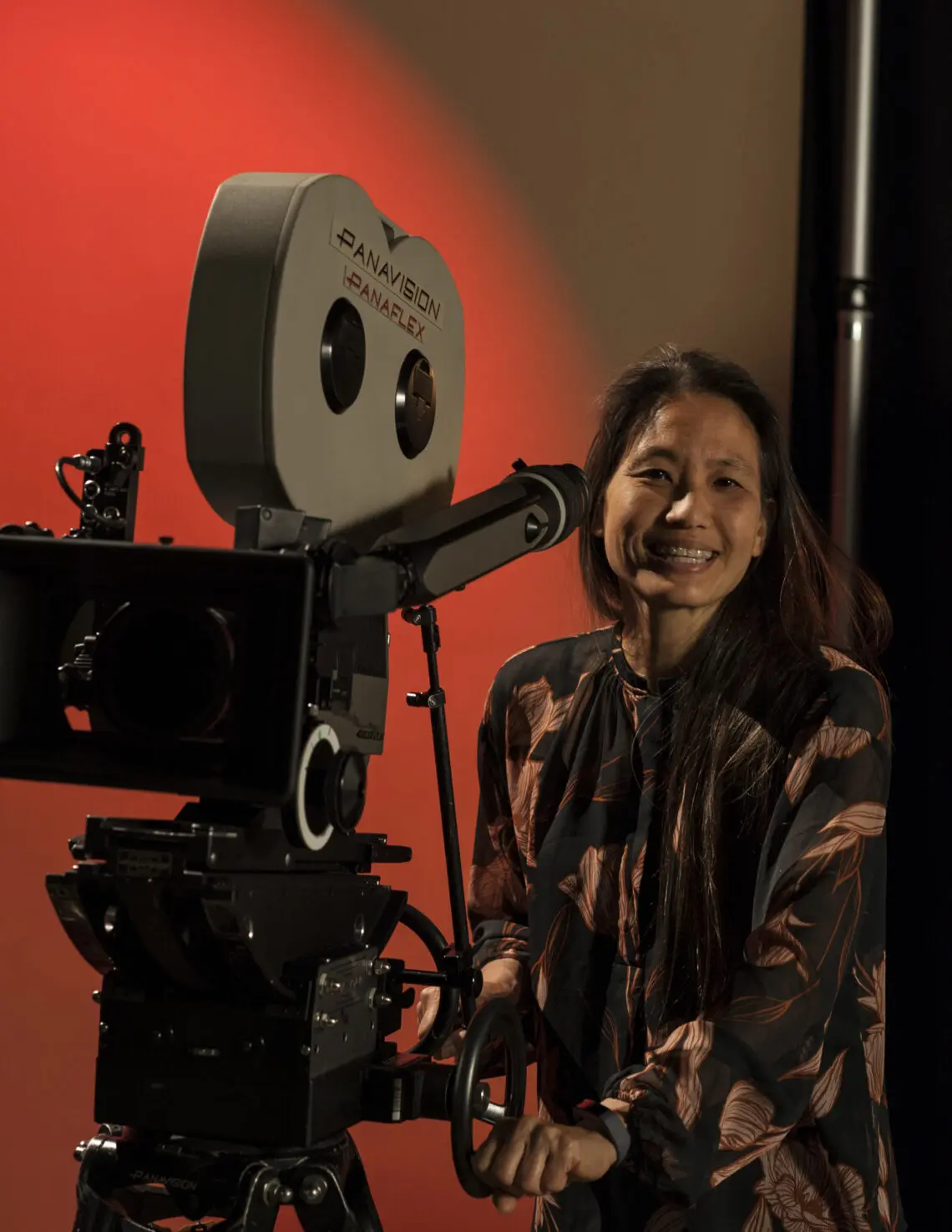Amid ongoing restructuring, The Academy of Motion Picture Arts and Sciences has revamping its Science and Technology Council with a format described as “more agile and strategically focused,” led by newly-named council chair Annie Chang of the Production and Technology Branch and vice chair Rob Bredow of the Visual Effects Branch.
The lean new council will be rounded out by five additional members: Outgoing co-chair Bill Baggelaar (Production and Technology Branch), JC Bond (Film Editors Branch), Nick Cannon (Production and Technology Branch), Ellen Kuras (Cinematographers Branch Governor) and Mark Stoeckinger (Sound Branch Governor). It’s a considerable change, as the 2023-24 council had 25 members. Under the new council rules, members will serve one-year terms, with reappointment at the president’s discretion for up to six years. Academy President Janet Yang made this year’s appointments.
The SciTech Council now falls under membership, with Chang serving on and reporting to the Academy’s membership committee. “We wanted to shift the focus to have a think tank this year, now that we have a new council head, and just make sure that it’s able to feed into membership, awards, talent development and various initiatives across the organization,” said Meredith Shea, the Academy’s chief membership, impact, and industry officer. “This work is very, very important to the Academy, and having Science and Technology report into membership, impact and industry better helps us embed this work across all different areas of the Academy.”
Popular on Variety Chang, who is Universal’s vice president of creative technologies, is a past council co-chair and will additionally continue to co-chair (with Baggelaar) the council’s ACES (Academy Color Encoding System) project. Bredow, who also previously served as a council co-chair, is an Academy Award-nominated VFX supervisor who is senior vice president and chief creative officer of Industrial Light & Magic.
“We’re basically adopting a more strategic role for the council, and we’re going to be focusing on guiding, coordinating and providing oversight for projects across the organization,” Chang said. Areas of interest, she said, include artificial intelligence, archiving (including the work of the Academy’s Digital Preservation Forum), and theater standards work currently underway in the sound branch.
Shea confirmed that the council would continue to support the Academy Museum. This year, that included the exhibition of the historic Dykstraflex camera system used to make “Star Wars.” On the Academy Archive, which has been the subject of attention after it recently underwent layoffs, she said the SciTech Council efforts would include identifying materials with an eye toward the “Academy 100,” the Academy’s 100th Oscars in 2028.
Of the new structure, Chang noted the intention is to have the council more closely integrated into the Academy and work more closely with its Governors. “The reason why we actually went to a smaller council was because the way this is going to work is that we’re actually going to try to involve as many Academy members as possible in this effort, and we’ll have initiatives as well that people that are outside of the Academy can also join in on.” She acknowledged the work of the outgoing council members and added that they, along with additional members of the Academy, could lead to further “diversity of opinion and thought” in council efforts.
With the new structure, longtime Academy staffer Alex Forsythe, who was recently promoted to the role of senior director of science and technology, will continue to serve as the council’s staff lead.
Shea reported that the Academy also aims to involve more of its membership in its annual SciTech Awards, which this season will be presented Feb. 18 at the Academy Museum.

 Italian
Italian







